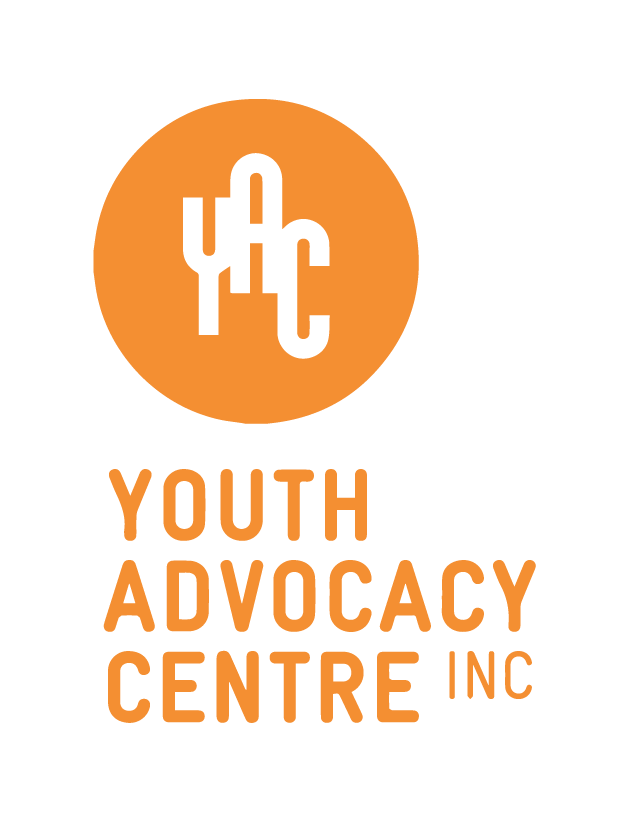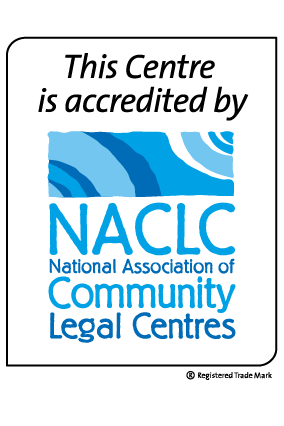Quick Guide When Speaking with Police
Young people should be aware of their rights when it comes to speaking to the police, whether on the street or at a police station.
- You have the right to remain silent – you do not have to answer any questions the police ask EXCEPT to tell them your correct name, age and address.
- There is no law that says you must have ID (unless you are driving on a learning or provision licence) on you BUT if a police officer believes you have given a false name, age or address, the officer can insist that you prove who you are.
- If a police officer is searching or questioning you, you are entitled to know their name, rank and station, and the reason they are searching or questioning you.
- If the police cannot give you a reason for the search or do not show you a warrant, then they have no right to search you. BUT do not stop the police from searching you as you could be charged with obstruction. Talk to a lawyer afterwards.
- You do not have to go with police unless they say you are under arrest or there is a law that states you must go with them (eg. some traffic matters). You do not have to answer questions (except your correct name, age and address).
- If police arrest you for questioning they must try to contact either your lawyer or a legal aid organisation before they question you. You have the right to phone a parent, friend or relative and let them know where you are and to call a lawyer.
- If you are interviewed by police, you have the right to have a support person (parent, adult friend, youth worker) AND a lawyer with you during the interview. You should tell the police who you would like to have with you. If there is no one, the police must arrange a justice of the peace to be there.
- If you are not sure whether to answer questions, don’t until you receive some legal advice.
- If you are not charged, the police can only detain you for questioning for 8 hours, of which 4 hours can be for the interview. Remember, you do not have to answer questions if you do not want to.
- If you are under 18 and have not been arrested, the police cannot take your fingerprints or photographs unless they get an Order from the court, and you have a support person with you.
- If you are found not guilty or the case against you is dismissed, your fingerprints and photographs must be destroyed.
- If you are at least 14 years old, you can refuse to give a forensic sample to the police. If you are under 14 years old, the police can ask your parents to agree to give some types of samples.
- If you have been charged, the police must get an Order from the court if they want to take your DNA (samples, blood or urine).
Remember that the police have rights too.
- The police can charge you if you refuse to give them your correct name, age and address when asked.
- The police can search you, your bag or your vehicle if they suspect you have illegal drugs, weapons, stolen property, or evidence of offences.
- The police can arrest you for questioning if they suspect that you have broken the law. You still do not need to answer questions (except your correct name, age and address).
Remember to STAY COOL AND CALM and try to write down all the details of what happened. A lawyer can help you lodge a complaint with the Crime and Misconduct Commission if you feel you have been treated unfairly.
Who can help?
Duty Lawyer at Court
Youth Advocacy Centre (YAC)
www.yac.net.au
3356 1002
Hub Community Legal
www.hubcommunity.org.au
3372 7677
Logan Youth & Family Legal Service
www.yfs.org.au
3826 1500
Legal Aid Queensland
www.legalaid.qld.gov.au
1300 651 188
Youth Legal Advice Hotline (Monday – Thursday 8am – 9pm; Friday 8am – Sunday 5pm)
1800 527 527
Aboriginal & Torres Strait Islander Legal Service (24hrs 7 days a week)
www.atsils.org.au
3025 3888 or (free call) 1800 012 255
Translating & Interpreting Services (24hrs)
131 450
Community Legal Centres (CLCs) see www.naclc.org.au for your nearest CLC
Browse other legal topics
This sheet is intended to provide general legal information about the law in Queensland. This information is not legal advice. If you have a particular legal problem you should contact a solicitor for legal advice. Below is a list of agencies that might be able to assist you, including legal agencies.
This sheet was last reviewed and updated in January 2024. The Youth Advocacy Centre does not accept responsibility for any action or outcome because of anyone relying on the information provided.
Follow Us
Follow us on social media for information on laws, youth rights, and news.
Contact YAC
Street address: Level 4, 16 Peel Street, South Brisbane Q 4101
Mailing address: Level 4, 16 Peel Street, South Brisbane Q 4101
Tel: (07) 3356 1002
Bussiness hours: 9am - 5pm, Mon - Fri

If you need urgent assistance outside of these hours:
- Youth Legal Advice Hotline 1800 527 527 (Mon to Thurs 8am - 9pm, Friday 8am to Sunday 5pm)
- Kids Helpline 1800 551 800 (24/7, 365 days per year)
- Lifeline 13 11 14 (24/7, 365 days per year)
- Homelessness Hotline 1800 474 753 (24/7, 365 days per year)
- If you are over 18, and seeking access to Mental Health Services in Queensland, Acute Care Team on 1300 MHCALL (1300 64 2255).


